: Empowering young minds to drive social change by working together with local communities, offering support and creating pathways to a more comfortable, connected life.
Canberra:
Jessie is a mum, a midwife, and a former journalist, a career has been built around connecting with people and advocating for improved systems so that thriving is possible for all — in every aspect of life.
In 2019, fires were burning once again through the electorate. Babies were being caught in rooms filled with smoke, while the hills were surrounded by fire for weeks. A sense of devastation was felt as government inaction on climate change was witnessed. It became clear that unless passionate, everyday people stepped forward, change in politics would not occur.
A desire was felt to create a political movement rooted in community something done together, not imposed from above. In late 2023, Voices of Bean was formed. A community-led selection process was held, and ultimately, an invitation was extended for candidacy.
So, a decision was made to stand to represent the community, and to fight for the issues that have been raised again and again: climate action, political integrity, affordable housing, and a future that can be believed in. Source: https://www.jessieprice.com.au/
In an exclusive conversation with Kendra News Australia, independent candidate Jessi Price outlined her main agendas and vision for the upcoming elections. She emphasized her commitment to amplifying the voices of the residents in her constituency and ensuring their concerns are heard within the halls of parliament.
Her candidacy is rooted in the belief that real change begins with listening and she aims to be the bridge that brings community voices to attention.
1.Political Parties and Independent Candidates:
As political parties establish their positions; how can an independent candidate introduce new rules of practice and influence the political landscape?
Response: As an Independent I will sit on the crossbench. This is because I am not in a Party; instead, I am connected directly to the communities in Bean to represent them. This means that I can speak out on the issues that matter to the people of Bean without party politics or the influence of vested interests. From the cross bench, I can influence legislation through amendments and through my vote.
As an Independent, the community tells me what the issues are, and then I seek out the expert advice for best practice and evidence-based policy, and advocate for that in Parliament.
2. Representation in Parliament:
Is your team represented only in Canberra, or do you also have representation from all states, ensuring national coverage of Australia?
Response: I am an independent candidate for the electorate of Bean, which includes Molonglo Valley, Weston Creek, Woden Valley, Tuggeranong plus rural ACT and Norfolk Island.
I am not linked to any other Independents, or parties, or vested interests – only the people of Bean. This means I have no other party or people telling me how to vote on legislation. Instead, I listen to the community about what is important to us here in Bean and vote accordingly.
3. Social Service and Politics:
Is it necessary to join politics to contribute to social service, or can one serve society outside of politics by choice?
Response: Everyone can contribute to a stronger, more connected, and thriving society. We all have the opportunity in our everyday lives to work to improve life for one another, from small acts of kindness to advocacy, caring for one another, volunteering and being involved with community organisations, through to passing legislation in Parliament. All of these various things come together to make our society more connected and positive and move us forwards together.
4. Political Competition and Social Work:
Why is political competition necessary for advancing social causes and community welfare?
Response: Political competition of ideas helps to keep our political solutions robust. We can find common ground in wanting Australians to be able to thrive in their lives; we may disagree on the best systems and legislation to enable that. In debating the merits of our ideas, an important part of the process is to seek out the expert advice to be able to make evidence-based decisions.
The structure of government is set up to invite debate and scrutiny – but there is also more we can do to ensure transparency and accountability in government. Independents play an important role in this from the crossbench, in being able to speak up freely on issues. But Independents are also calling for greater transparency in government, for example transparent disclosure of all political donations so we can see where influence may be affected.
5. Youth Engagement:
What are your proposed agendas for addressing the high aspirations of today’s youth, who are increasingly active in societal issues?
Response: If elected, I would like to convene a Youth Advisory Forum to be able to hear their perspective on the issues that are and will affect them in future.
We need to support young people in their education, in affordable access to housing, and in addressing cost of living pressures – so that they are able to pursue their ambitions and aspirations.
6. Role in an Expensive Society:
What role do you envision for yourself in Parliament, particularly in the context of rising living costs and the challenges faced by everyday citizens who aim to maintain a simple lifestyle?
Response: The number one issue I hear when I am out talking with the people of Bean is cost of living. There are some things we should do straight away – raise the rates of Commonwealth Rent Assistance, Youth Allowance and Job Seeker so that people are truly able to live a stable life and get ahead.
We also need to look at all the mechanisms available to address affordable housing, and this includes a staged approach to tax reform. We need to make housing prices affordable, in balance with the investments that people already have under the current tax mechanisms.
As an Independent I can push for tax reform, while the major parties continue to shy away from the structural change needed.
7. International Relations and Migration:
How do you perceive international relations in the context of globalization and how do you plan to address the concerns of Australian migrant workers?
Response: Migration is essential to Australia’s economy and society, particularly in addressing critical workforce shortages – we have significant gaps in healthcare, construction, and technology, where local labour supply is insufficient. With an aging population and declining birth rates, Australia relies on skilled migrants to sustain economic growth, drive innovation, and maintain essential services. Programs like the Skilled Independent Visa and employer-sponsored visas help attract highly trained professionals who contribute to Australia’s productivity and competitiveness on a global scale.
Meanwhile, the rich diversity of culture that migration brings to Australia is a strength and enriches our communities.
Migration must be planned alongside infrastructure development to ensure sustainable growth in housing, transport, and public services, and we need strategic investment to expand capacity and resource planning, including water, energy, and public utilities. Effective urban planning and investment in regional areas can help distribute population growth more evenly and enhance liveability across the country.
By balancing migration with infrastructure and resource planning, Australia can harness the benefits of a diverse, skilled workforce while ensuring long-term sustainability and quality of life for us all.
Thank you.
For more : https://www.jessieprice.com.au/



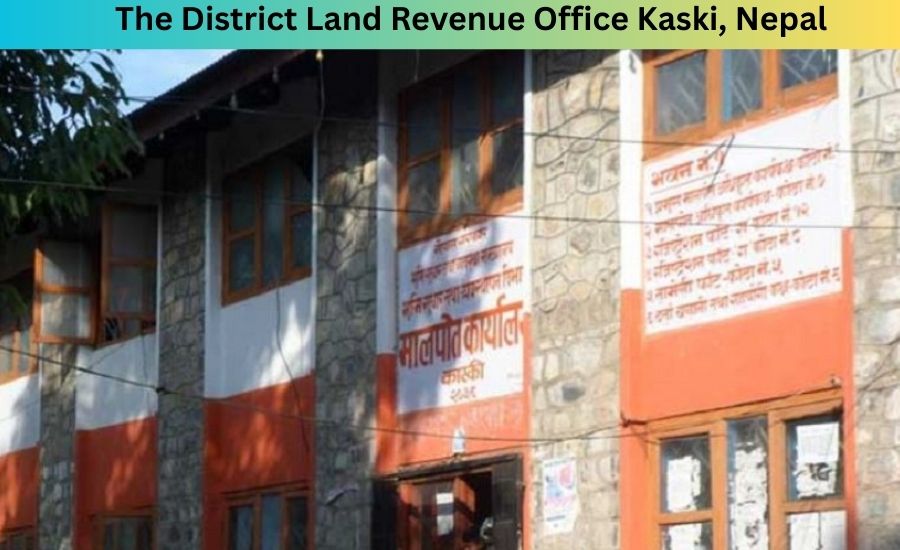
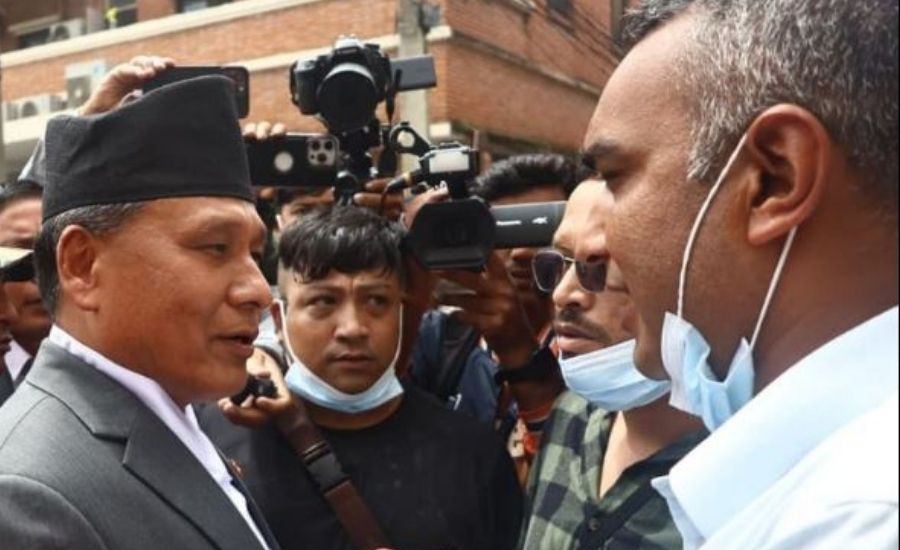


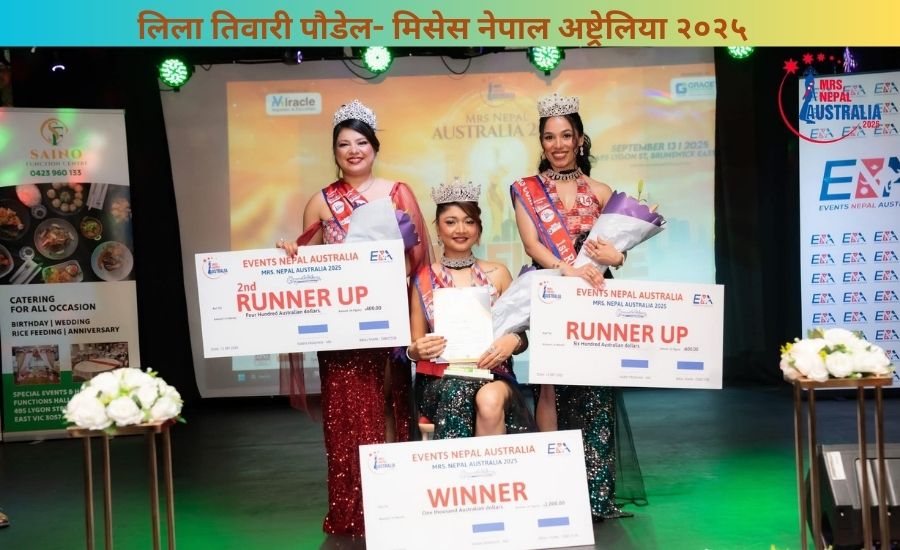

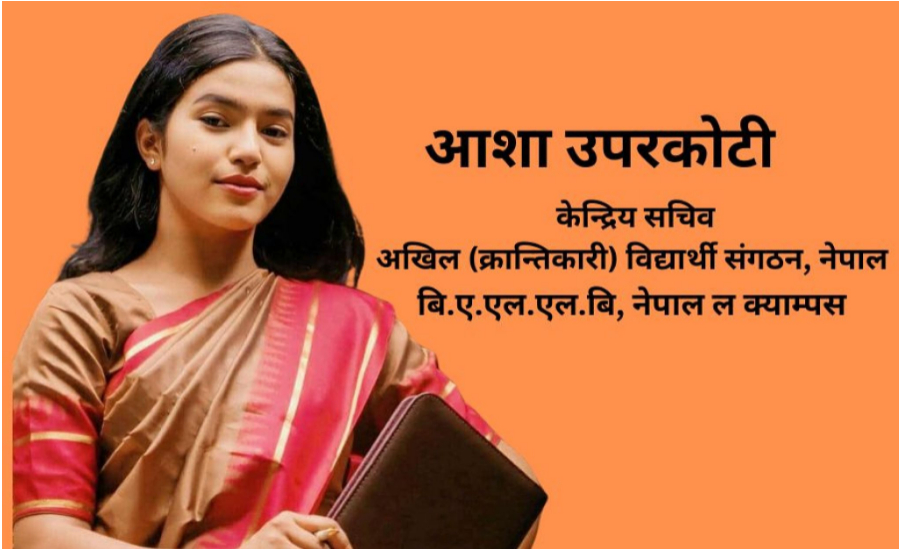

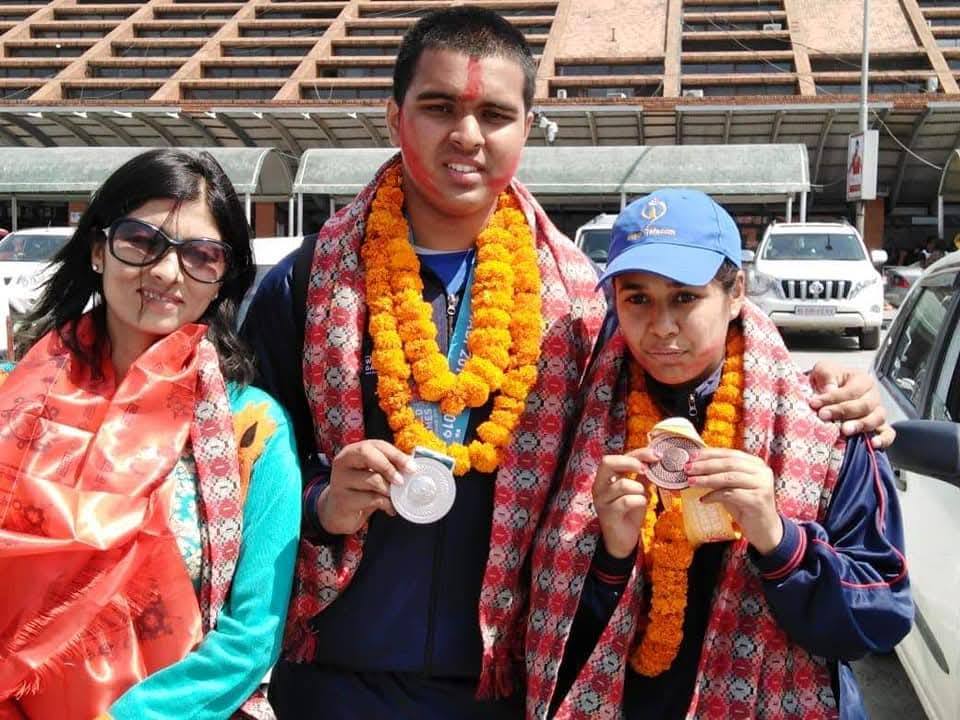
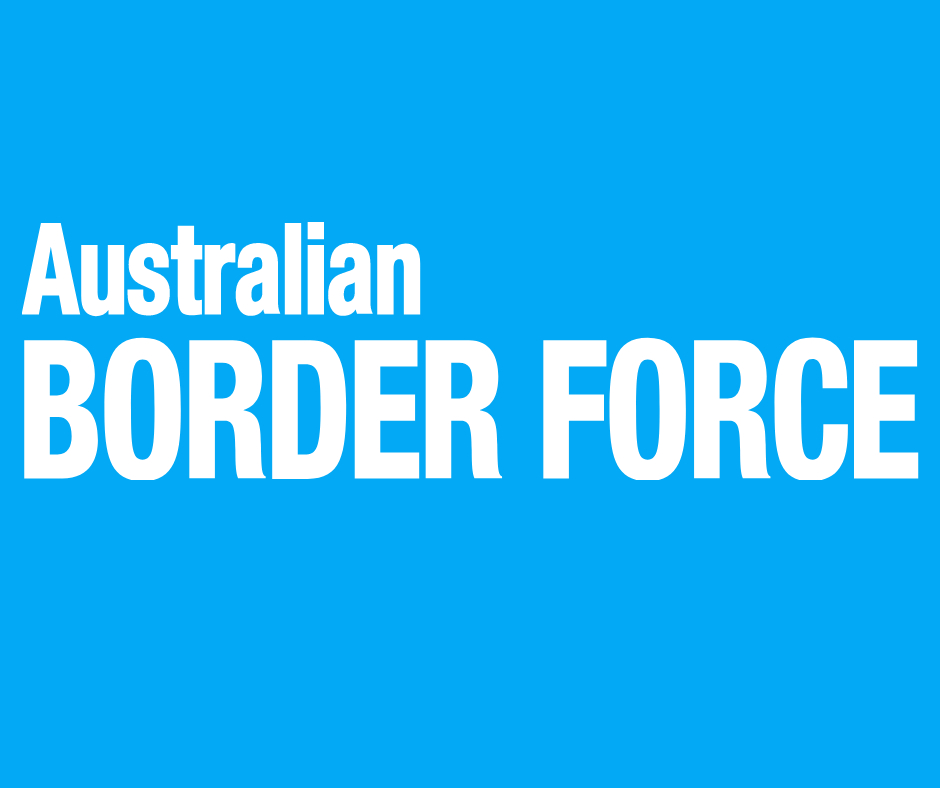

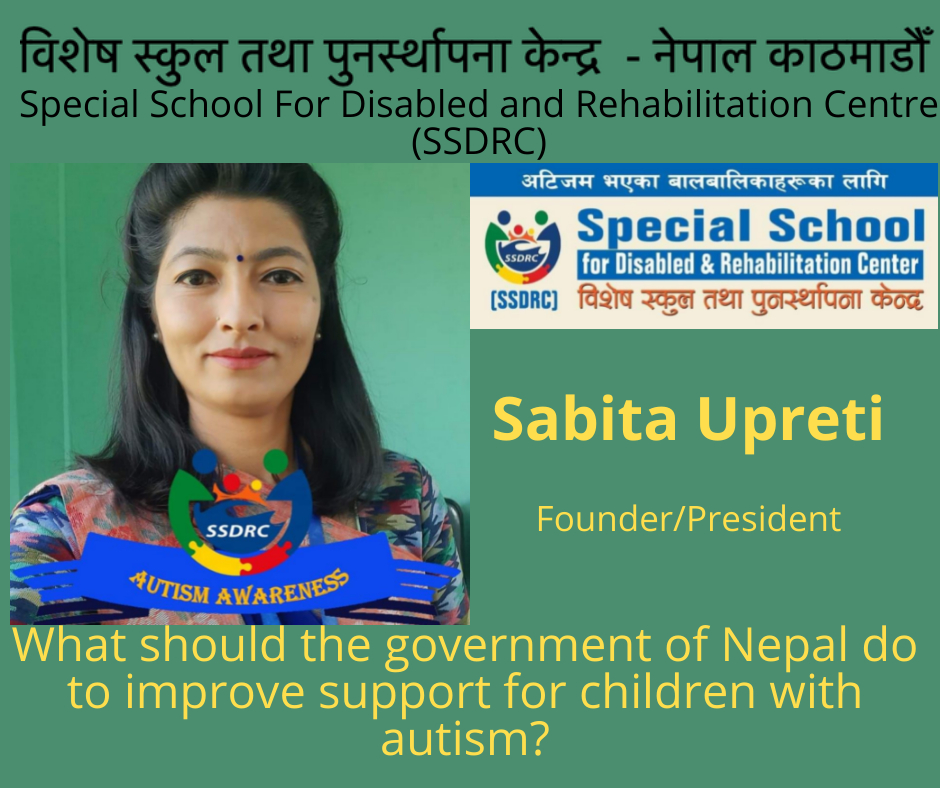


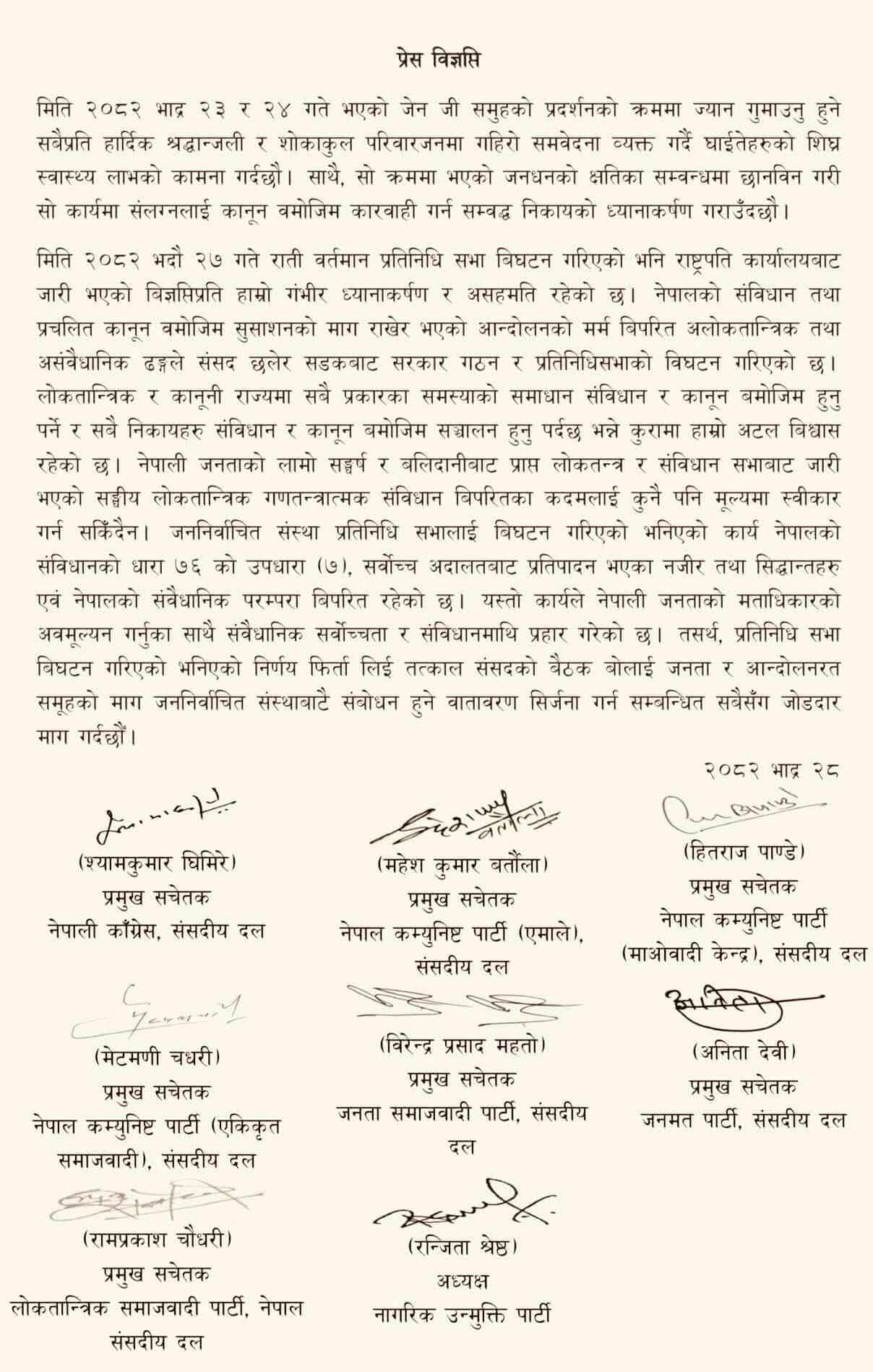

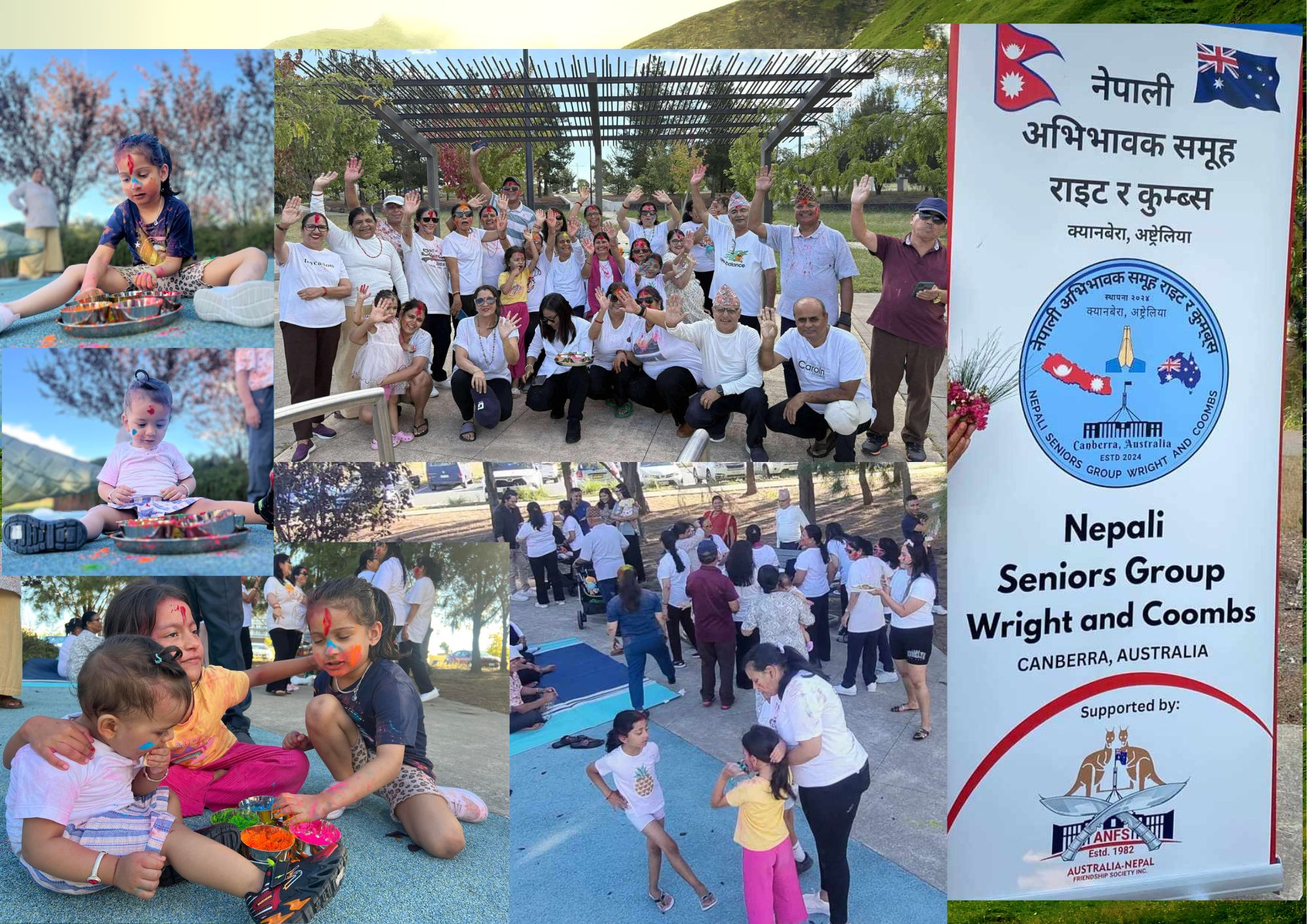
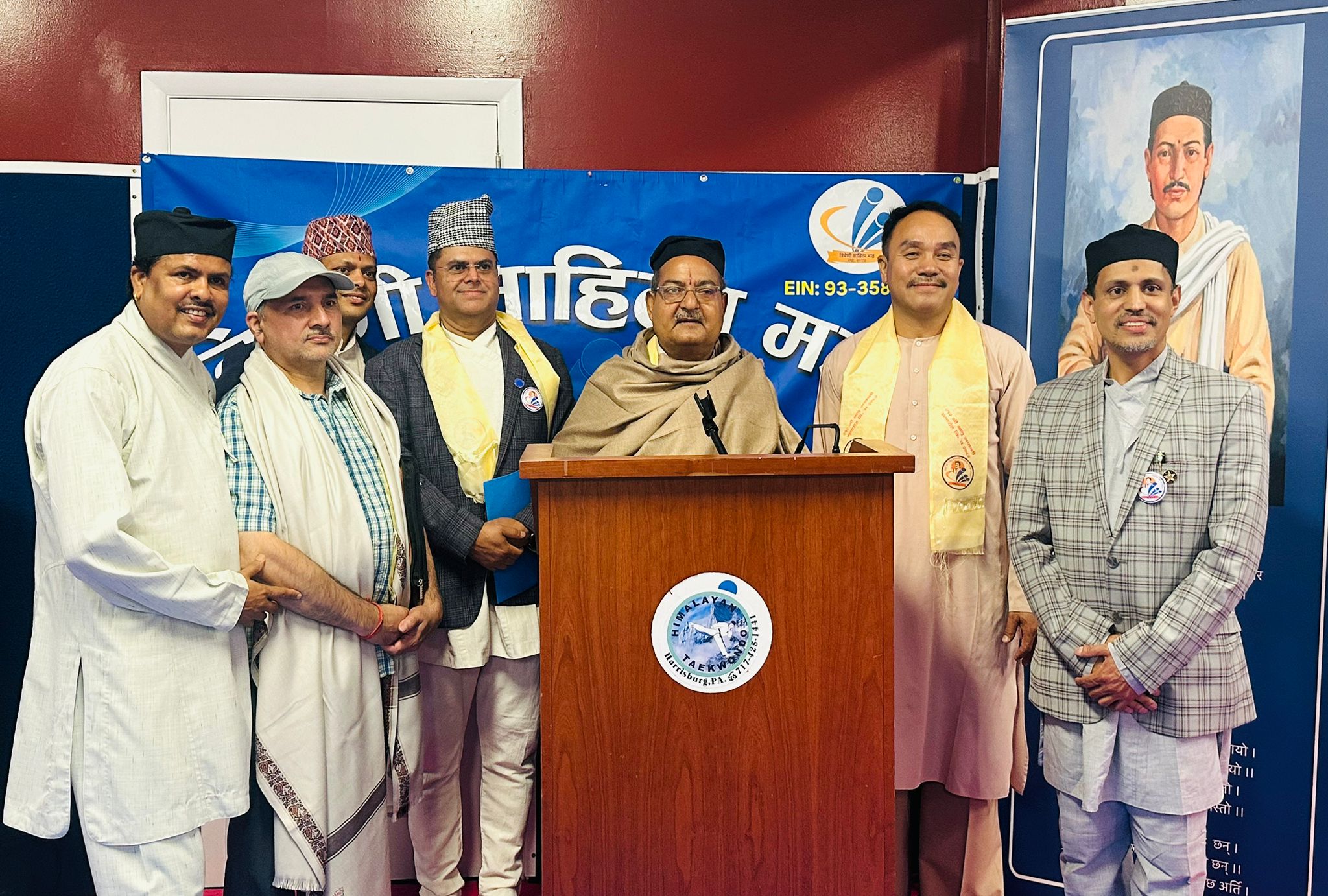

Comments